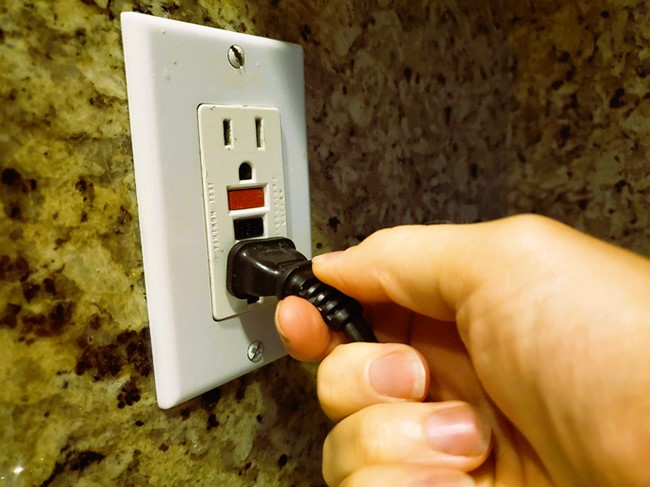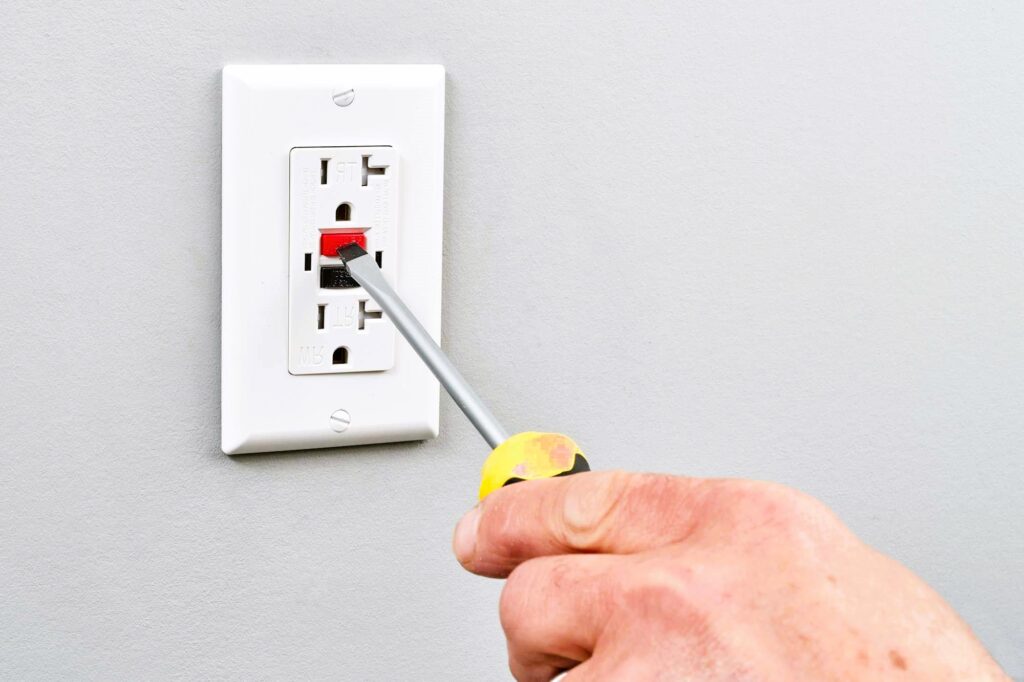Electrical safety is of paramount importance in homes, offices, and other establishments. Ground Fault Circuit Interrupters (GFCIs) play a crucial role in safeguarding individuals from electrical hazards. In this article, we will explore the significance of GFCIs and their role in ensuring electrical safety.
GFCIs are electrical devices designed to protect against electric shock by monitoring and interrupting the flow of current. They are primarily installed in areas where the risk of electrical shock is high, such as kitchens, bathrooms, outdoor outlets, and near water sources. GFCIs are capable of detecting imbalances in the electrical circuit caused by a ground fault, i.e., when current flows along an unintended path, such as through water or a person.

When a ground fault occurs, the GFCI senses the imbalance in the current and reacts swiftly, interrupting the circuit within milliseconds. This rapid response prevents electric shock and potential injuries. The interruption of the circuit by the GFCI also helps prevent electrical fires and damage to electrical equipment.
The effectiveness of GFCIs lies in their ability to detect even minute changes in current flow. The device continuously monitors the current flowing in the “hot” wire and compares it to the current returning through the “neutral” wire. If there is a difference of 5 milliamperes or more between the outgoing and incoming current, the GFCI quickly cuts off the power supply, preventing electric shock.
GFCIs are available in different forms, including GFCI outlets, circuit breakers, and portable devices. GFCI outlets are commonly used in residential and commercial buildings. These outlets feature built-in GFCI protection and can replace standard outlets in areas prone to electrical hazards. GFCI circuit breakers, on the other hand, can be installed in the electrical panel to provide protection to an entire circuit. Portable GFCIs are beneficial for temporary electrical setups, such as construction sites or outdoor events.
In addition to their ability to prevent electric shock, GFCIs offer other advantages:
- Fire Prevention: By interrupting the circuit when a ground fault occurs, GFCIs reduce the risk of electrical fires. Ground faults can lead to overheating of electrical wiring and equipment, which can result in fires. The rapid response of GFCIs helps mitigate this risk. Choosing Window Installers in Calgary: Factors to Consider and Questions to Ask.
- Equipment Protection: GFCIs also protect electrical equipment from damage. Ground faults can cause excessive current flow, leading to equipment failure or damage. By cutting off the power supply, GFCIs help prevent such incidents and extend the lifespan of electrical devices.
- Code Compliance: GFCI installation is often required by electrical codes and regulations, especially in areas where electrical safety is a concern. Compliance with these codes ensures that buildings meet the necessary safety standards.
- Personal Safety: GFCIs provide an additional layer of protection, particularly in areas where electrical accidents are more likely to occur, such as kitchens and bathrooms. They reduce the risk of severe electric shock and potential injuries, protecting individuals from harm.

It is important to note that GFCIs require periodic testing to ensure their proper functioning. The test and reset buttons found on GFCI outlets should be pressed regularly to verify that the device is in working order. Testing can be done using a GFCI tester or by following the manufacturer’s instructions. If a GFCI fails the test or does not reset, it should be replaced immediately.
To learn more about GFCIs, electrical safety, and relevant standards, the following resources can provide additional information:
- Wikipedia page on “Ground fault circuit interrupter”: Link
These resources offer in-depth insights into GFCIs, their functionality, installation guidelines, and other important aspects related to electrical safety.
In conclusion, Ground Fault Circuit Interrupters (GFCIs) play a vital role in ensuring electrical safety by promptly detecting and interrupting electrical circuits in the event of a ground fault. Their ability to prevent electric shock, reduce the risk of fires, protect equipment, and comply with safety codes makes them an essential component of electrical systems. Regular testing and maintenance of GFCIs are crucial to ensure their effectiveness in safeguarding individuals and property from electrical hazards.

